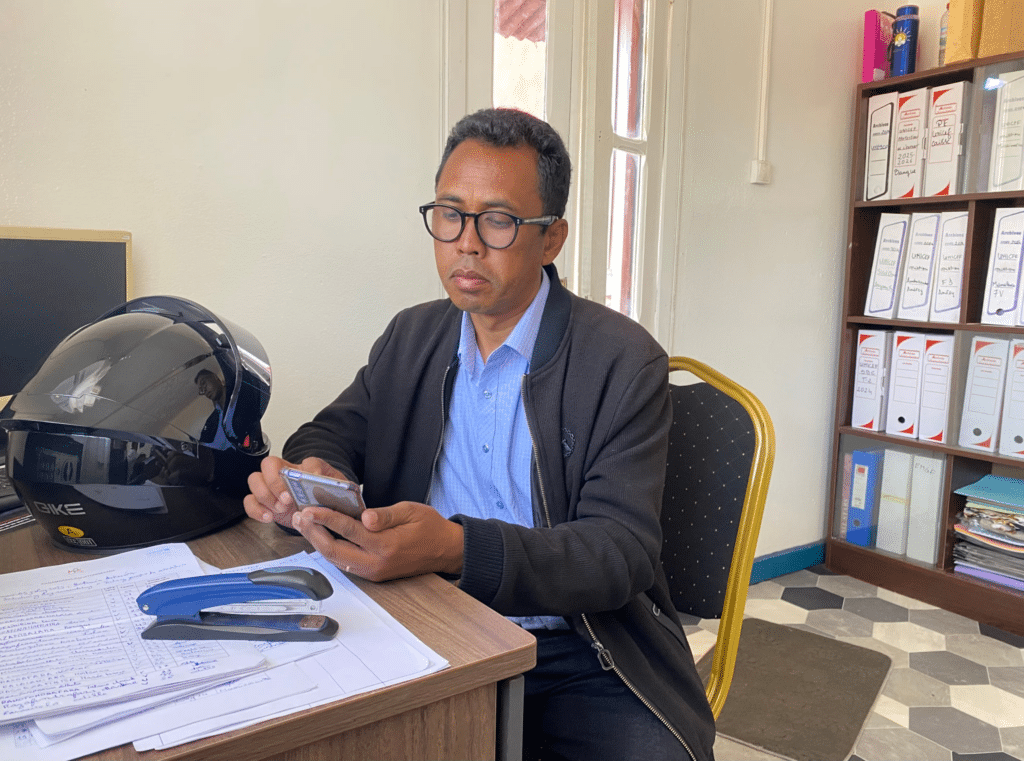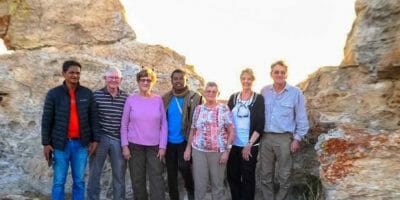
According to a micro-handwriter produced by the NGO Human Development Action (HDA), 80 % of young people questioned say they are not interested in political or citizen issues on social networks.
This figure highlights a fracture between digital tools and their use for civic purposes. Several factors can explain this disinterest depending on the NGO HDA.
Young people mainly use social networks for entertainment purposes (watching videos, listening to music), informal communication (exchanges with friends), or to consume rapid content (stories, real, etc.). In this context, civic engagement is not perceived as a priority, or even as a natural option.
Furthermore, expressing an opinion on social subjects can expose to virulent criticism, mockery, even cyberbullying. This reality pushes many young people to self -censor, for fear of stigma. Social networks thus become spaces where freedom of expression is limited by social pressure.
Many Malagasy young people express a lack of confidence in political institutions, which they perceive as corrupt, ineffective and disconnected from their realities. This perception generates a feeling of helplessness in youth, believing that their voice will not be heard or will not change anything.
Finally, the absence of specific education for digital citizenship is a major obstacle. Many young people do not have the tools necessary to engage in constructively. They struggle to distinguish reliable information from a rumor, and do not know how to participate in campaigns or how to debate in a respectful way. The school and social supervision structures do not always provide them with the resources necessary to fully exercise their role as citizens in the digital age.
Citizenship is however defined as the belonging of an individual to a nation and a state. It is both a right and a duty, including participation in public life.
“” A committed citizen would be more involved in society, would dare to clearly express his opinions and contribute to the development of his community. In this context, social networks constitute a privileged space of civic expression, especially for young people, provided that they promote enlightened and responsible use. For this, media education and citizenship should be strengthened from an early age. We must also create spaces for online, safe and moderate online dialogue, where everyone can express himself without fear and above all enhance everything the citizen initiatives carried by the young people themselves, in order to give them confidence in their capacity for action “, Says the organization.
Hanitra Andria











